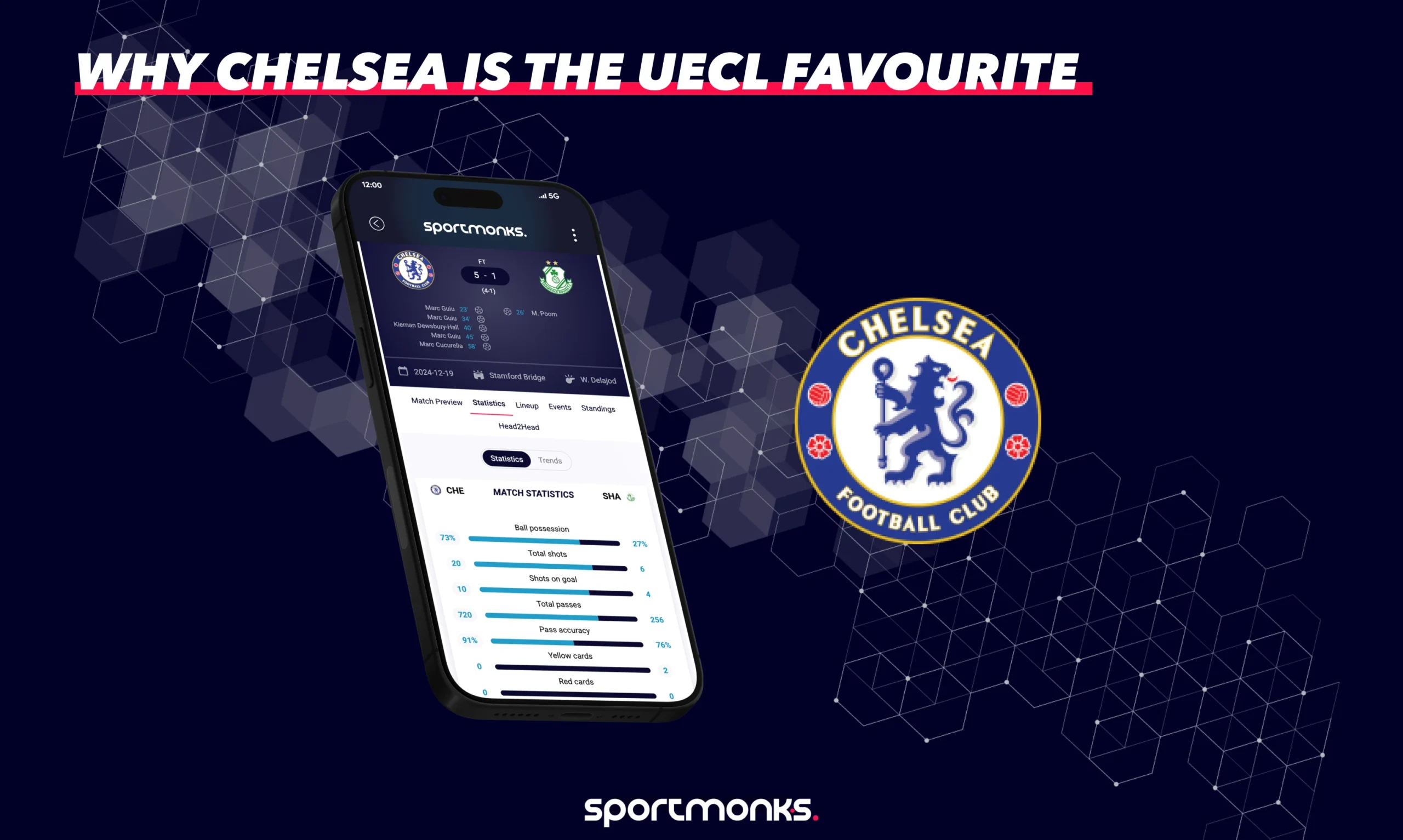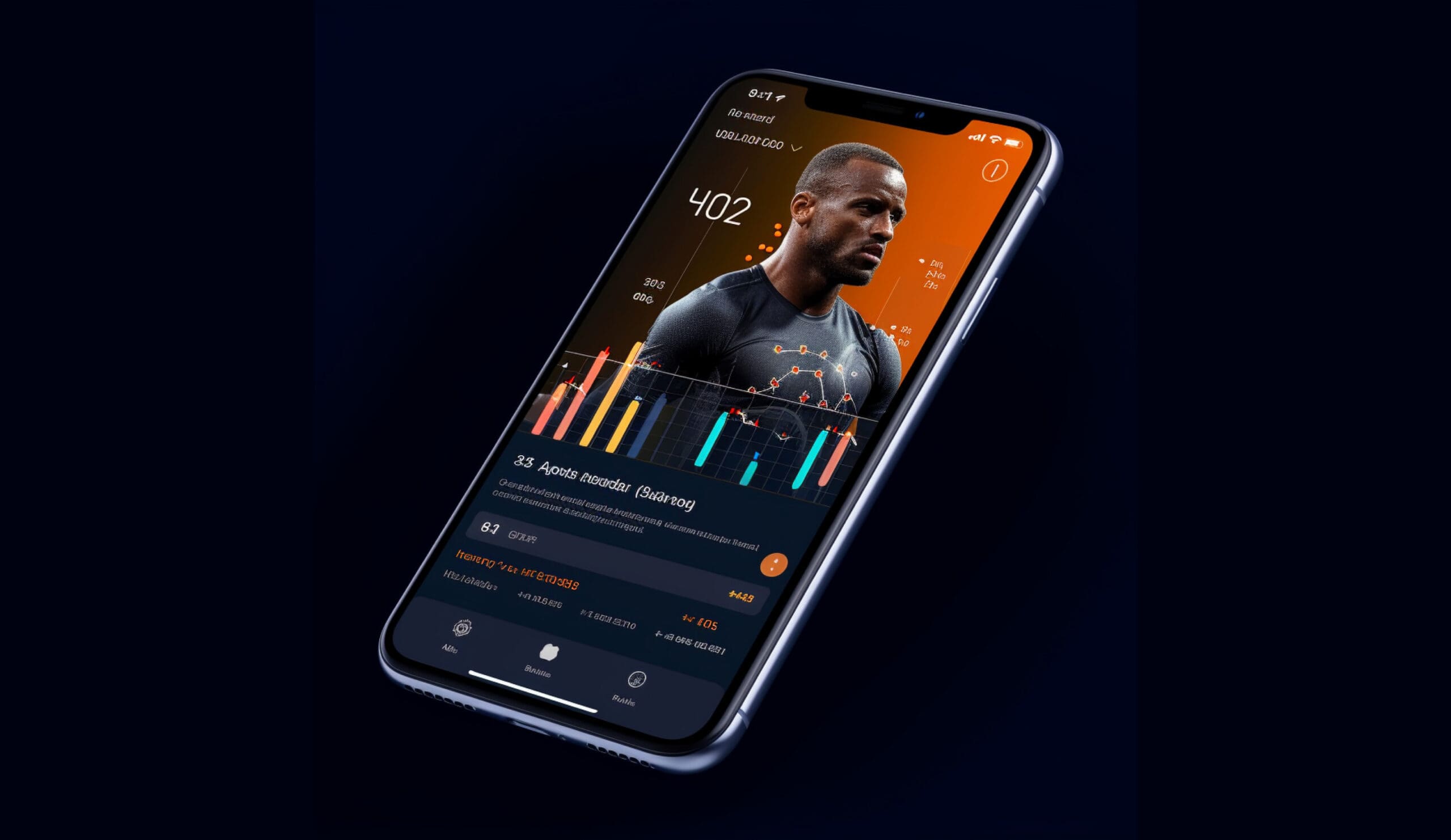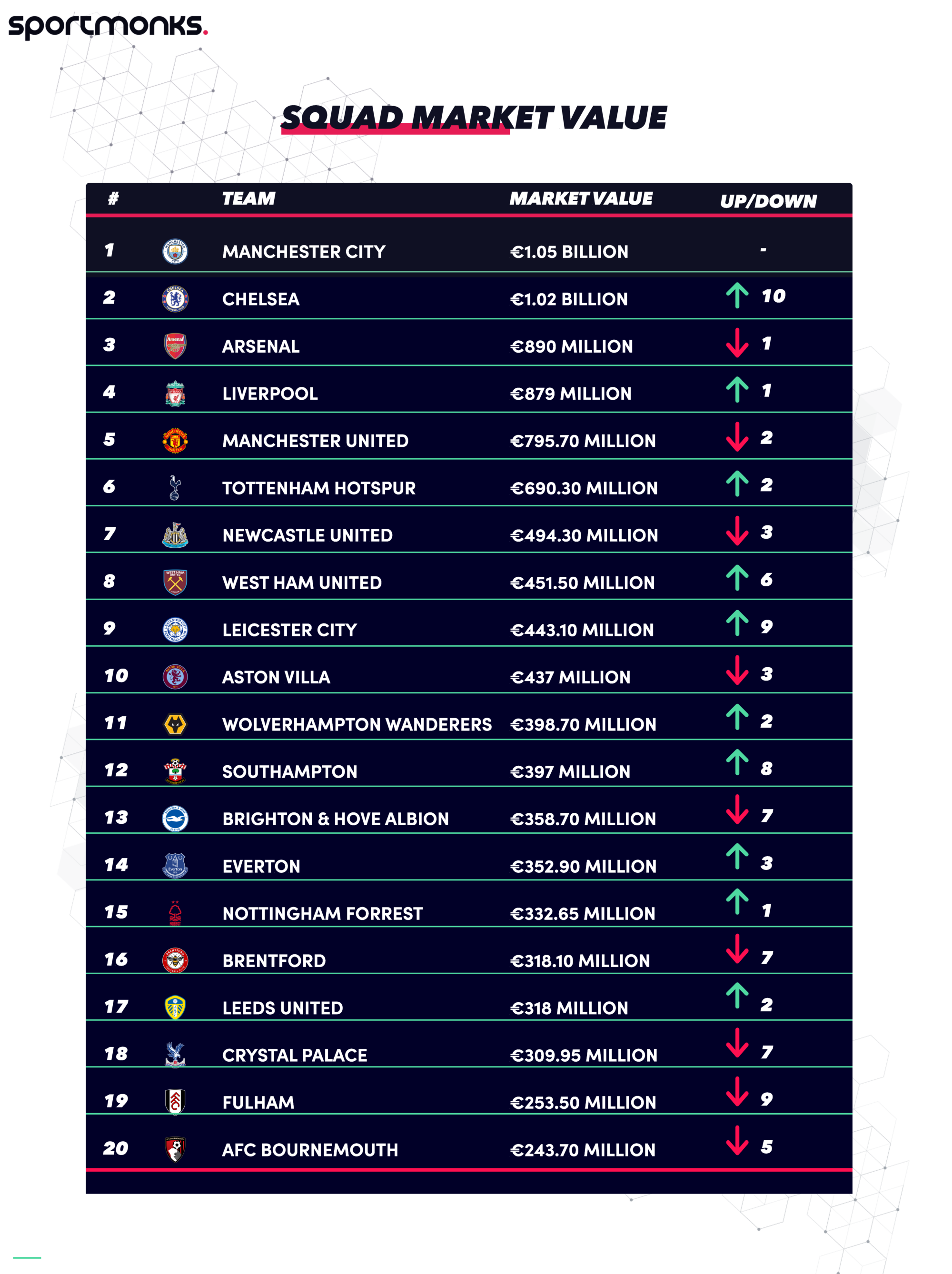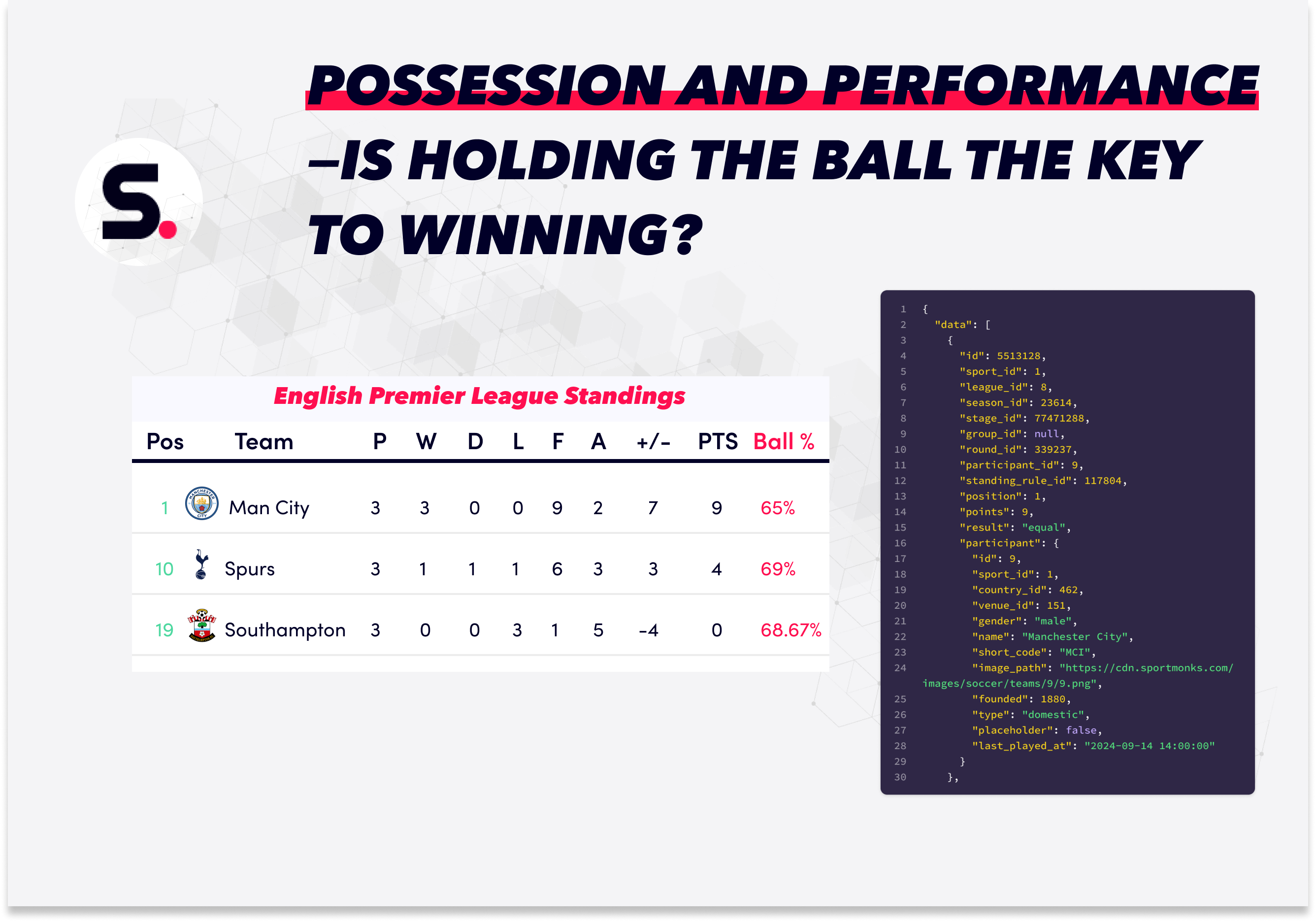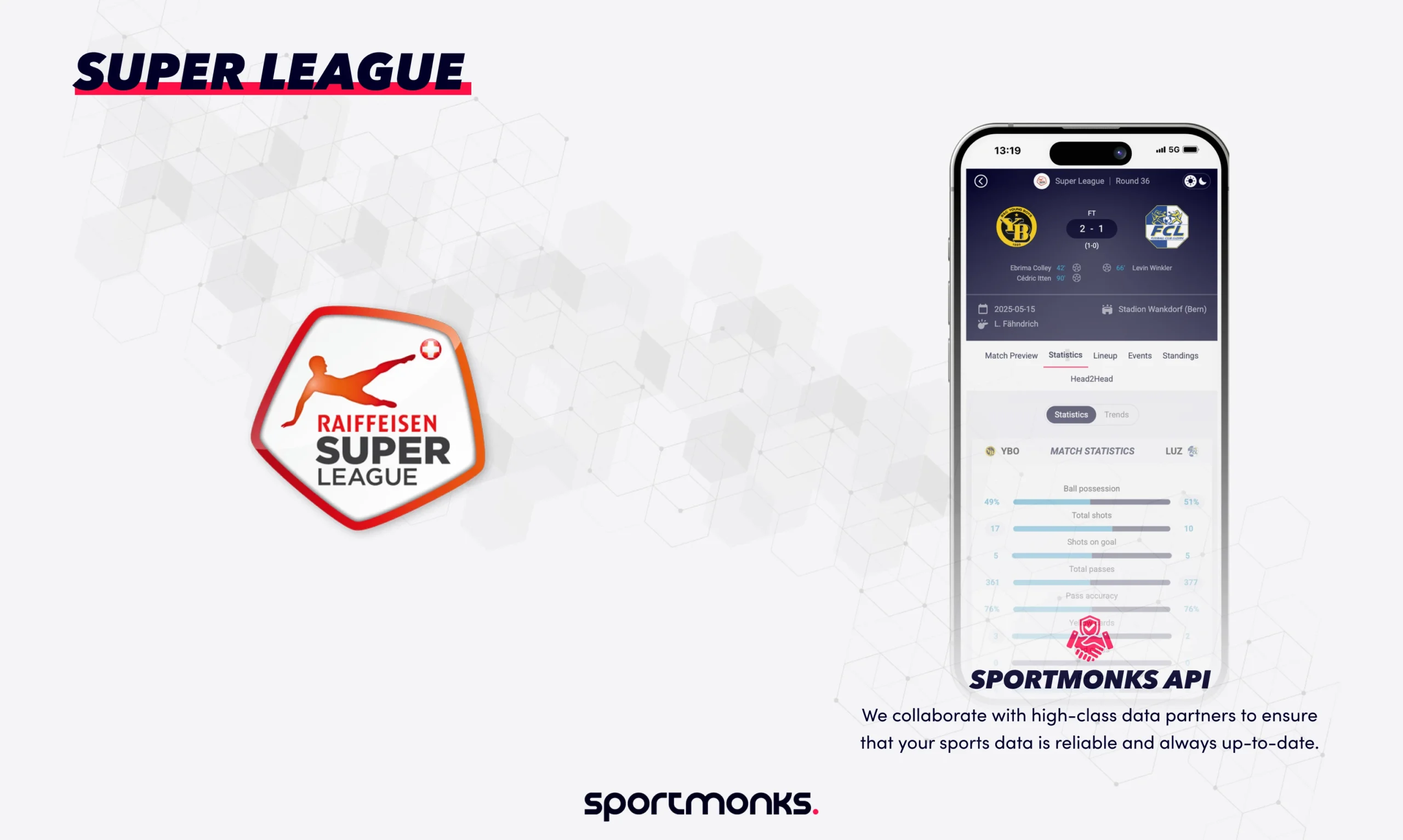
Contents
The Swiss Super league’s history
The Swiss Super League traces back to the late 19th century, with Swiss Serie A starting in 1898. This was the beginning of organised national football in Switzerland, which laid the foundation for the professional league today. In 1933, the league had a name change, becoming the Nationalliga A, a name it kept for several decades.
Throughout its early years, the Nationalliga A saw the rise of dominant clubs that shaped Swiss football. Grasshopper Club Zürich holds the distinction of being the most successful club in Swiss football history, amassing 27 league titles over the decades and 49 trophies in total till date. Other historical clubs include Servette FC, FC Zürich, and BSC Young Boys, each contributing to the league’s history.
The renaming to Swiss Super League was part of an effort to modernise Swiss football’s image and align it with the top leagues in Europe. Adding the split format in the 2023-24 season is the latest significant change, which aims to create more meaningful matches towards the end of the season for both title contenders and teams fighting relegation. The league’s consistent presence in UEFA’s league coefficient rankings (17th as of 2025) shows ongoing progress within Swiss football.
Competition structure
Since the 2023–24 season, the Swiss Super League has operated with a revised format involving 12 teams. The season is divided into two phases:
First phase
All 12 teams play each other three times in a round-robin format, totalling 33 matchdays. This phase typically runs from late July to April, with a winter break from mid-December to the first week of February.
Second phase (split)
After the initial 33 matches, the league splits into two groups of six teams each based on the standings:
Championship group
The top six teams compete for the league title and European qualification spots over an additional five matchdays (playing each other once).
Relegation group
The bottom six teams battle to avoid relegation to the Swiss Challenge League, also playing each other once over five matchdays.
Points earned during the first phase are carried over to the second phase. In total, each team plays 38 matches per season.
Promotion and relegation
– The team finishing at the bottom of the Relegation Group is directly relegated to the Swiss Challenge League.
– The team finishing 11th (second-to-last in the Relegation Group) enters a two-legged relegation play-off against the second-placed team from the Swiss Challenge League to determine who will play in the Super League the following season.
– The champion of the Swiss Challenge League is automatically promoted to the Swiss Super League.
European qualification
The top teams in the Swiss Super League qualify for UEFA club competitions based on UEFA’s league coefficient ranking:
– The champion qualifies for the UEFA Champions League play-off round.
– The runners-up qualify for the UEFA Champions League second qualifying round.
– The third-placed team qualifies for the UEFA Europa League second qualifying round.
– The fourth-placed team qualifies for the UEFA Europa Conference League second qualifying round.
It’s important to note that while clubs from Liechtenstein participate in the Swiss football league system, only a Swiss club can be crowned Swiss champion. If a Liechtenstein-based club were to finish at the top of the Super League, the highest-placed Swiss club would receive the title. Liechtenstein clubs qualify for European competitions through the Liechtenstein Cup.
Swiss teams on the European stage
While no Swiss club has lifted a major UEFA trophy till date, teams from the Swiss Super League have had memorable moments and notable European competition runs. Here’s a look at some key highlights:
Top performances in the UEFA Champions League/European Cup
– FC Zürich (Semi-finals): Twice reached the semi-finals of the European Cup, in the 1963-64 and 1976-77 seasons, showcasing their strength against Europe’s elite.
– Grasshopper Club Zürich (Group stages/knockout rounds): Regularly participated in the Champions League group stages and reached the quarter-finals of the European Cup Winners’ Cup in 1989-90.
– BSC Young Boys (Group stages/knockout rounds): Have become consistent participants in the Champions League group stages in recent years and have also reached the knockout stages of the Europa League.
– FC Basel (Round of 16): Several appearances in the Champions League group stages, notably reaching the Round of 16 on multiple occasions, including victories over major European clubs.
– FC Lugano (Group stages): While less frequent in recent times, FC Lugano has featured in the group stages of European competitions in the past, marking their presence on the continental level.
Top performances in the UEFA Europa League/UEFA Cup
– FC Basel (Semi-finals): Reached the semi-finals of the UEFA Europa League in the 2012-13 season, demonstrating a strong campaign in the competition.
– Grasshopper Club Zürich (Semi-finals): Also reached the semi-finals of the UEFA Cup in the 1977-78 season, highlighting their historical competitiveness in Europe.
– FC Zürich (Round of 32/16): Have had several runs to the knockout stages of the UEFA Cup/Europa League, showcasing their ability to compete beyond the group phase.
– BSC Young Boys (Round of 32/16): Similar to FC Zürich, Young Boys have progressed to the knockout rounds of the Europa League on multiple occasions.
– FC St. Gallen (Group stages): While not reaching the latter stages, FC St. Gallen has participated in the Europa League group stages, gaining valuable European experience.
Notable UEFA Conference league run
– FC Basel (Semi-finals): In the 2022-23 season, FC Basel reached the semi-finals of the inaugural UEFA Europa Conference League, marking a significant achievement in this new competition.
Other European highlights
– Grasshopper Club Zürich (UEFA Intertoto cup winners): The only Swiss team to win the UEFA Intertoto Cup, achieving this twice in 2006 and 2008. FC Basel were also runners-up in 2001.
Prestige of the Swiss Super league
The Swiss Super League holds a significant position within Swiss sports culture and offers considerable prestige to the clubs that compete within it.
– National championship: The most straightforward, winning the Swiss Super League title. It is the ultimate domestic achievement for any football club in Switzerland. It shows how dominant a team was in the national arena and brings recognition, both within the country and on the European stage.
– Pathway to Europe: The Super League is the primary route for Swiss clubs to qualify for UEFA club competitions like the Champions League, Europa League, and Europa Conference League. Consistently participating in these tournaments brings financial rewards and elevates the profile of Swiss football as a whole.
– Development of Swiss football: The league plays an important role in the development of Swiss footballing talent. It helps young Swiss players gain valuable experience in a competitive environment and sharpen their skills against both domestic and international players.
– Intense rivalries and fan culture: The Swiss Super League contains passionate fan bases and intense rivalries between clubs, particularly between clubs that have a lot of history like Grasshopper Club Zürich, FC Zürich, BSC Young Boys, and FC Basel. These rivalries create significant excitement and contribute to the vibrant atmosphere surrounding Swiss football.
– Economic impact: The Super League contributes to the Swiss economy through broadcasting rights, sponsorship deals, ticket sales, and related industries. The financial stability and growth of the league are important for the overall health of Swiss football.
Notable clubs and key players in Swiss super league history
The Swiss Super League and its predecessors have been home to numerous notable clubs and talented players who have shaped the history of Swiss football:
Notable clubs
– Grasshopper Club Zürich: The most successful club in Swiss football history with 27 league titles and 49 total trophy wins. Known for its strong youth academy and historical dominance.
– Servette FC: Another historical powerhouse based in Geneva, with 17 league championships and a long tradition in Swiss football.
– FC Zürich: A major club from Switzerland’s largest city, boasting a strong rivalry with Grasshoppers and a history trophy cabinet of 24 silverwares.
– BSC Young Boys: Based in Bern, Young Boys have enjoyed periods of significant dominance, particularly in recent years, and have been consistent participants in European competitions.
– FC Basel: One of the most successful Swiss clubs of the modern era, known for its strong youth development and consistent presence in the UEFA Champions League and Europa League.
– FC Lugano: A historically significant club from the Italian-speaking part of Switzerland, with a dedicated fanbase and periods of success.
Key players
– Kubilay Türkyilmaz: A prolific striker who played for several Swiss clubs, including Grasshoppers and FC Basel, and was a key player for the Swiss national team. In his entire career, he racked up 210 goals and 18 assists in 431 appearances.
– Stéphane Chapuisat: A legendary Swiss forward who achieved success both domestically with clubs like Lausanne-Sport and internationally, becoming a key figure for the national team. While in Switzerland, he scored over 150 goals.
– Hakan Yakin: An attacking midfielder with exceptional technical skills, Yakin played for various Super League clubs, including Grasshoppers and FC Basel, and was a standout player for Switzerland.
– Alexander Frei: A record-breaking goalscorer for both the Swiss national team and clubs like FC Basel, Frei was a dominant force in the Super League for many years.
– Xherdan Shaqiri: A dynamic winger who started his professional career at FC Basel before moving to major European clubs like Liverpool and Bayern Munich. Shaqiri has consistently represented the Swiss national team.
– Granit Xhaka: A commanding midfielder who also began his career at FC Basel and has become a key player for both his club and the Swiss national team.
– Breel Embolo: A talented forward who developed through the youth ranks at FC Basel and has since moved on to play in top European leagues, remaining a key player for Switzerland.
The passionate heart of Swiss football fandom
While the Swiss Super League might not capture the global headlines like larger European nations, it has a deeply passionate and dedicated fanbase. The experience of Swiss football is interwoven with regional loyalties, a strong connection to local clubs, and a unique atmosphere that fills stadiums across the country. For many in Switzerland, supporting their local Super League team is more than just a casual hobby as it matters much more and is part of their regular routine.
Regional rivalries
The Swiss footballing landscape has intense derbies and rivalries that go beyond the three points. Clashes like the Zürich derby between Grasshopper Club Zürich and FC Zürich divide the city along traditional lines. The encounters between FC Basel and BSC Young Boys carry national significance, representing the rivalry between two of the league’s modern heavyweights. These matches have an electric atmosphere, with elaborate banners (“tifos“), passionate chanting, and a tension that shows how deep the emotions are.
The stadium experience
While some stadiums have modern facilities, many Swiss stadiums retain a traditional charm, creating an intimate setting for the action. The passionate “ultra” movements associated with many Swiss clubs contribute to the spectacle, with coordinated chants, drumming, and impressive displays of support. Whether in the atmosphere of a city derby or the more localised support for a smaller club, the commitment of Swiss fans is evident.
Deep running loyalty
For a significant portion of the Swiss fanbase, loyalty to their local club runs incredibly deep. Often passed down through generations, this support is linked to a sense of community. Fans consistently turn out to support their teams, through periods of success and struggle. This dedication shows how strong the strong bond between the clubs and their local communities are.
Get started with the Sportmonks football API today
Bring the passion of the Swiss Super League to your applications with the Sportmonks football API. Access real-time data on fixtures, live scores, player stats, and more for all 12 teams, from Grasshopper Club Zürich to BSC Young Boys. Whether you’re building a livescore app, a fan platform, or a betting tool, our API delivers comprehensive coverage of the Swiss Super League and over 2,200 leagues worldwide, empowering you to create engaging, data-driven experiences. Sign up for a free trial today and start showcasing the intensity of Swiss football.
